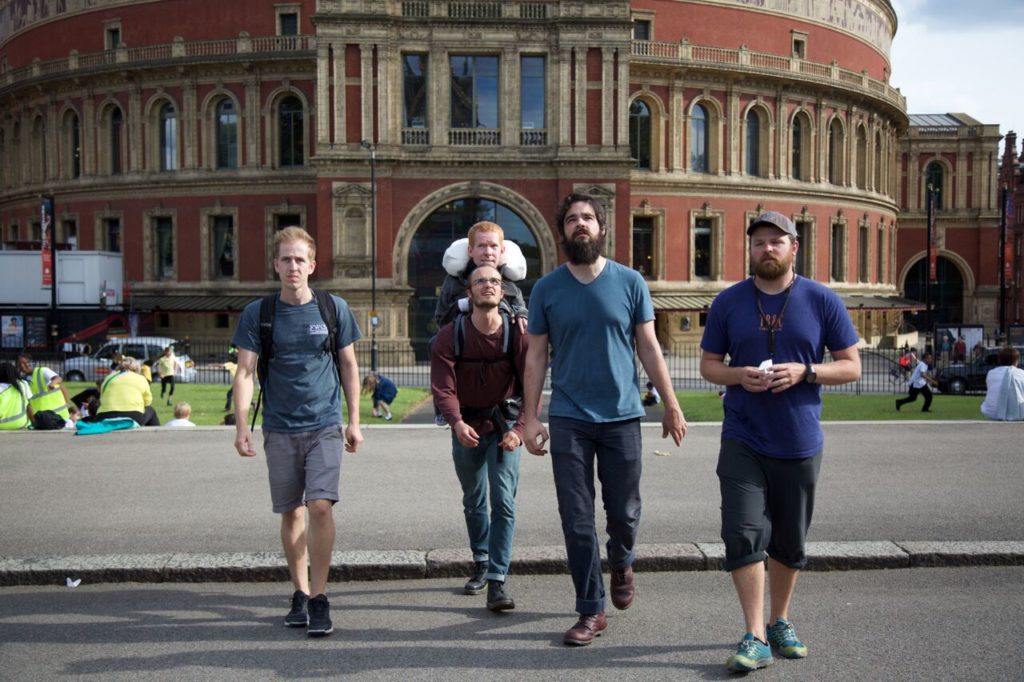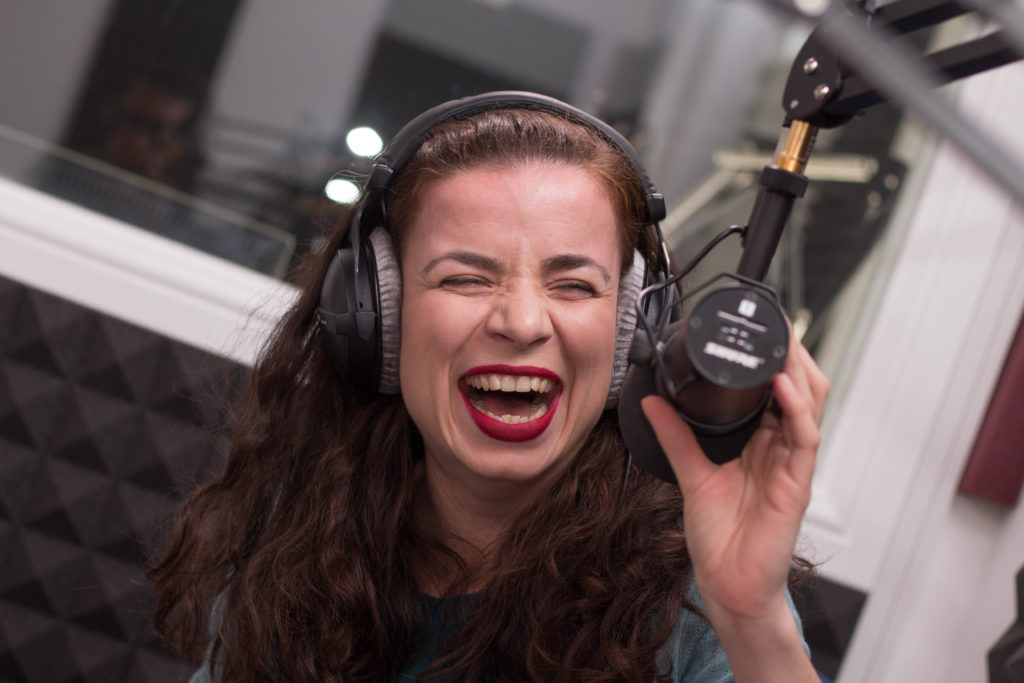Kevan’s Journey as a Backpack
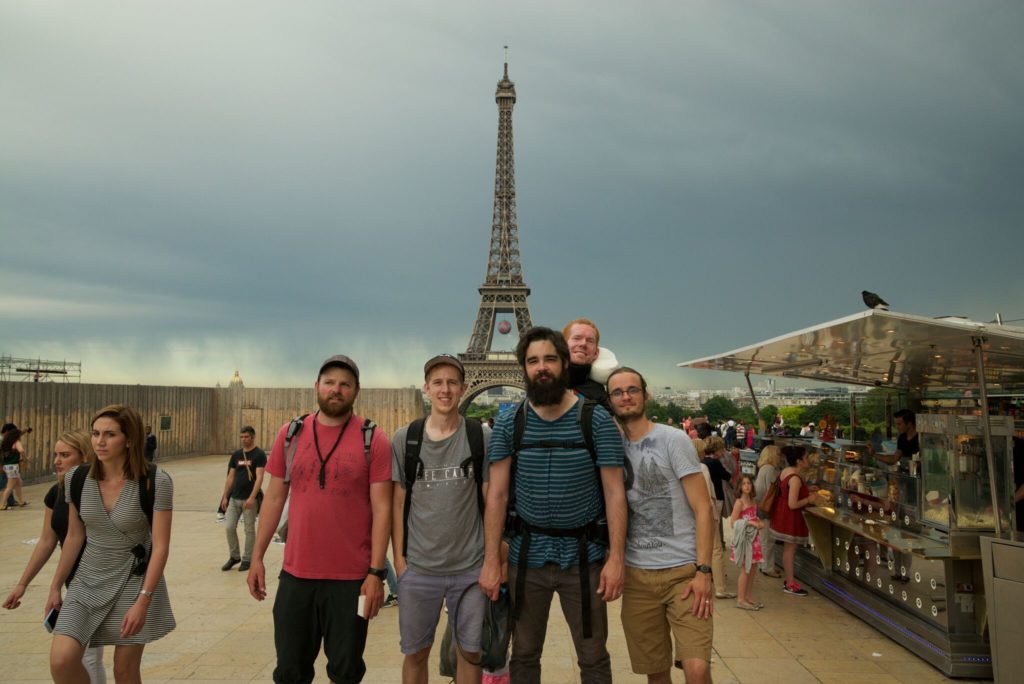 Kevan exudes warmth. I can feel it as strongly as if I were sitting right next to him. I am interviewing him online, from ARL London. But there is something about this joyous ginger man that shrinks the distance between us and makes me feel like I am downtown in Fort Wayne, Indiana, sharing a café table with him. He cracks jokes about his wheelchair and living with Spinal Muscular Atrophy (SMA)—his boyish laughter is infectious. In long, unhurried sentences, he tells me about growing up in North Carolina, about his loyal college friends, and how he ended travelling around Europe strapped to a backpack.
Kevan exudes warmth. I can feel it as strongly as if I were sitting right next to him. I am interviewing him online, from ARL London. But there is something about this joyous ginger man that shrinks the distance between us and makes me feel like I am downtown in Fort Wayne, Indiana, sharing a café table with him. He cracks jokes about his wheelchair and living with Spinal Muscular Atrophy (SMA)—his boyish laughter is infectious. In long, unhurried sentences, he tells me about growing up in North Carolina, about his loyal college friends, and how he ended travelling around Europe strapped to a backpack.
When Connie, Kevan’s older sister, was diagnosed with SMA, a genetic disease affecting the part of the nervous system that controls voluntary muscle movement, the doctors recommended her parents not have any more children. Undefeated, the Chandlers decided they would take the risk and love any future children the same. A year and a half later, Kevan was born, the youngest of three siblings.
Growing up, they took it one day at a time. Kevan says they would look at what they wanted to do and what they could do to find a balance between the two. “Sometimes this meant letting go of things you wanted to do, but others also pushing you [out of your comfort zone],” says Kevan.
More often than not, finding the balance meant getting creative. Kevan remembers his older brother cutting cardboard horses and attaching them to his wheelchair so they could play cowboys. He remembers his dad, an airplane mechanic, fitting his wheelchair with a special metal frame so he could play football with his primary school friends—years before powerchair football was popularized.
It was during the formative years of his childhood, which Kevan simply describes as “happy,” that he learnt to use an unconventional, community-oriented approach to problem-solving, and where he developed an unquenchable thirst for adventure.
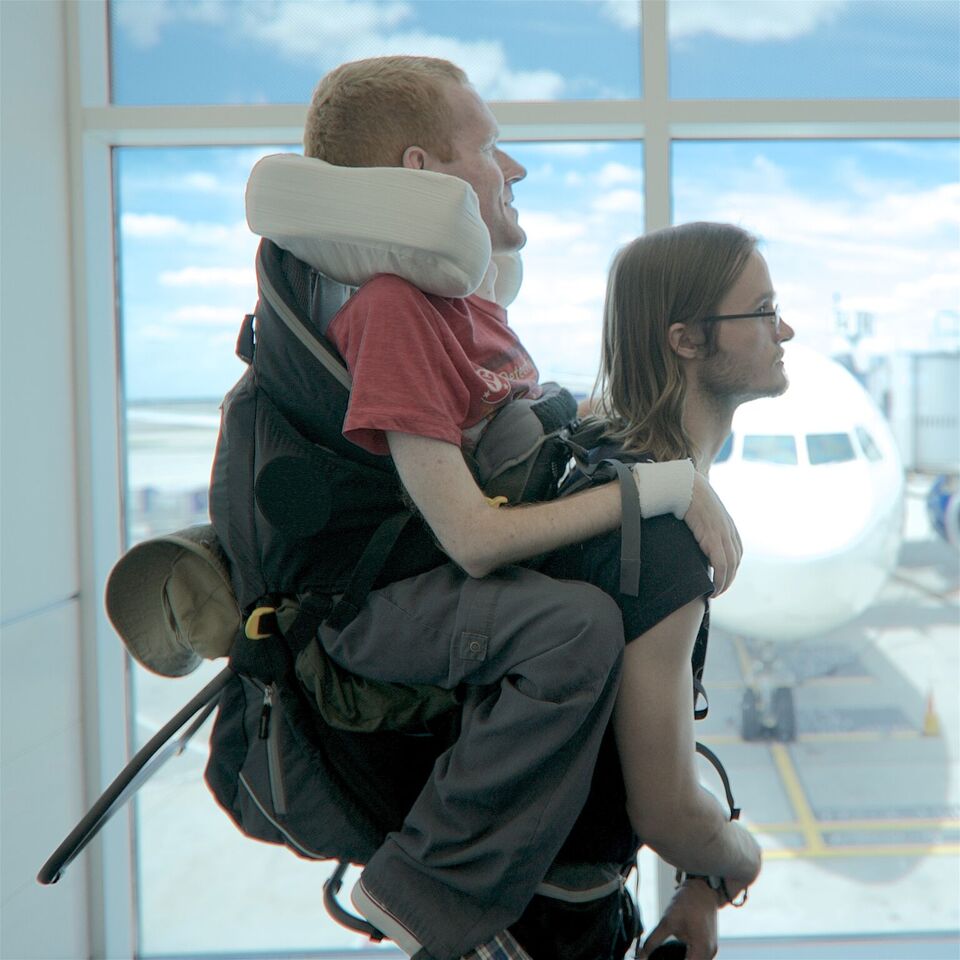 While in college, studying towards a counselling degree with emphasis on prison ministries, Kevan and his friends decided to explore the local sewers. I cannot fathom why anyone would want to do that, but Kevan blames it on watching Teenage Mutant Ninja Turtles as a child. As sewers are not exactly wheelchair accessible, Kevan’s buddies strapped him to a makeshift backpack—he weighs less than 70 pounds—so he could be part of the smelly adventure. It was deep in the sewers, of all places, where Kevan and friends had a true Eureka moment: “Where are we going next?” A simple question that could completely redefine accessibility.
While in college, studying towards a counselling degree with emphasis on prison ministries, Kevan and his friends decided to explore the local sewers. I cannot fathom why anyone would want to do that, but Kevan blames it on watching Teenage Mutant Ninja Turtles as a child. As sewers are not exactly wheelchair accessible, Kevan’s buddies strapped him to a makeshift backpack—he weighs less than 70 pounds—so he could be part of the smelly adventure. It was deep in the sewers, of all places, where Kevan and friends had a true Eureka moment: “Where are we going next?” A simple question that could completely redefine accessibility.
Going to Europe
Kevan’s dream was to visit Europe. But the places he wanted to see were not wheelchair accessible. So, after designing a new backpack, in June of 2016 he and a group of friends spent three weeks backpacking through France, England, and Ireland. Four of his friends took turns carrying him, while the other two filmed the experience. After all, “if you’re going to do something so crazy, you should probably document it, right?” Adventure met them at every corner, from dance parties in France to monastic climbs in Ireland. They saw the world as it is meant to be seen: in the company of friends.
I asked Kevan what it felt like to leave his wheelchair at Atlanta airport and completely depend on others to carry him for three weeks. He said one of the main challenges was letting go of control. “When I’m in my wheelchair, I may be limited in where I can go, but I am in charge. In the backpack, I can go practically anywhere—I don’t have to worry about ladders or even mountains. But I’m at the mercy of those carrying me. The experience made me realize that I’d traded one freedom for another. And one freedom is not greater than the other, they are just different.”
After returning to the USA, Kevan spent four months writing a book about his experience, We Carry Kevan: Six Friends. Three Countries. No Wheelchair. While writing he realized that one of the greatest blessings of the trip was seeing the kingdom of God coming to earth—God’s priorities put into practice in the kindness of his friends and in the way people were reacting to their adventure. “People would stop us to say that this is what they needed to see, people loving each other. It was like a drink of clean water to them.” Jesus predicted this very thing: “By this everyone will know that you are my disciples, if you love one another” (John 13:35).
“Near the end of the trip, it really hit me,” Kevan confesses. “I asked the Lord why these guys were doing this. He very clearly said, ‘because they love you, in the same way that I love you. It is My love coming through them.’”
While preparing for the adventure, which Kevan and friends aptly dubbed “We Carry Kevan,” the word spread about this backpack for disabled people and the group of brave friends who were redefining accessibility. People from all over the world started contacting the team asking about their experience, the backpack, and where to find people who were willing to carry them.
The interest was such that, upon returning from the trip, Kevan started a non-profit organization to inspire communities to reimagine accessibility. “What if accessibility is less about ramps and more about people helping people?” Kevan asked me during the interview. I found myself answering that maybe it was always meant to be about community. On an emotional and spiritual level, I know this to be the only path to healing. My friends have carried me to Jesus—much like the story of the paralyzed man in the Bible (Luke 5:18-25)—on many occasions when I did not have the strength to go on. Why should accessibility be any different?
This summer, Kevan and friends are travelling to China. With the help of Show Hope, an organization that supports orphans with disabilities, Kevan and his squad will visit care centres to encourage the children and deliver backpacks. Kevan is looking forward to taking these children for walks with the help of the caregivers. Some of these children have never seen an adult with disabilities thriving—Kevan hopes to inspire them to embrace their full potential.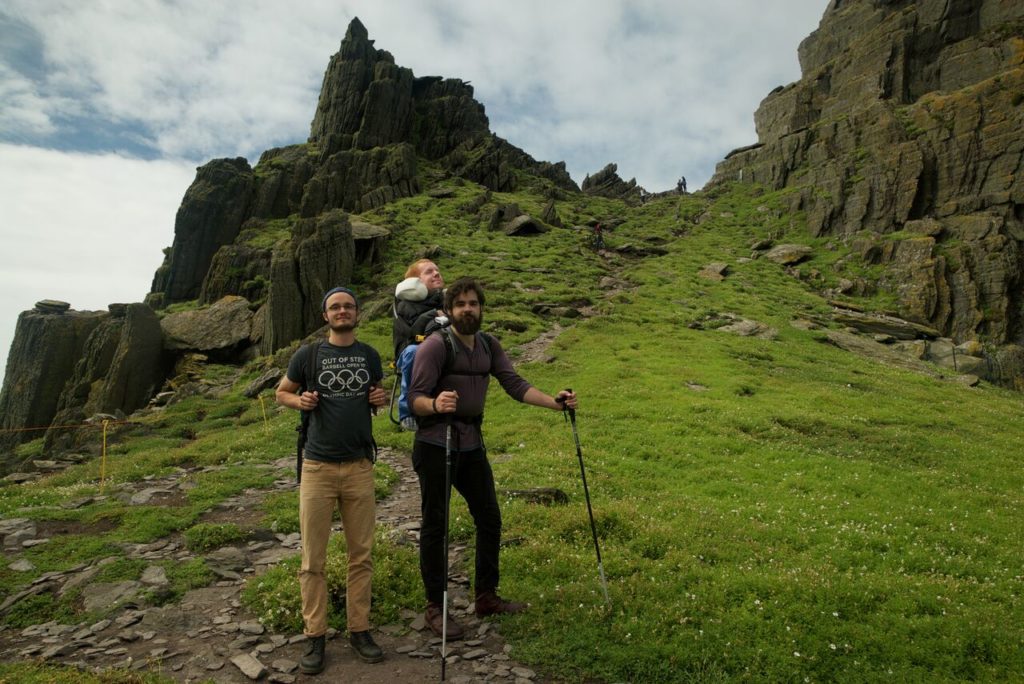
At the King’s table
“There is a lot more to us than our physical bodies,” Kevan says as we wrap up the interview. Then he shares the biblical story of Mephibosheth from a perspective I’ve never considered before. Mephibosheth, the son of Jonathan and grandson of King Saul, was disabled. The boy was five years old when his father and grandfather were killed in battle. It was customary when a king was defeated to kill any descendants so there would be no lineage of that ruler to later claim the throne. Trying to save his life, Mephibosheth’s nurse picked him up and fled. But as she hurried, the boy fell and became lame in both legs (2 Samuel 4).
When David became King, he wanted to honour the memory of his best friend, Jonathan. So, he invited Mephibosheth, by now an adult with a son of his own, to eat at his table. “The beautiful thing about eating at the table, is that your legs are hidden,” says Kevan. “This disabled guy is sitting at the table with David’s mighty men. He is on the same level with the guy that slayed a lion.” This is such a beautiful analogy of the Kingdom of God: at His table we are all equal.
We find our identity in our relationship with Christ. Sitting at His table, we are reminded of the intrinsic value He has bestowed upon us, regardless of any physical, emotional or spiritual limitations. “Our relationship with the Lord overrides whatever is going on in our lives,” says Kevan. “We can say, ‘My arms don’t work, my legs don’t work, or even my situation stinks at the moment. But I am a child of God.’ And that overrides everything. It’s a beautiful thing.”
Your prayers and support allow us to continue sharing the Hope of Jesus! To get involved, visit http://adventistradio.london/get-involved/
This article was originally published on Signs of the Times, Australia, November 2018.
You may also like
Continue reading

